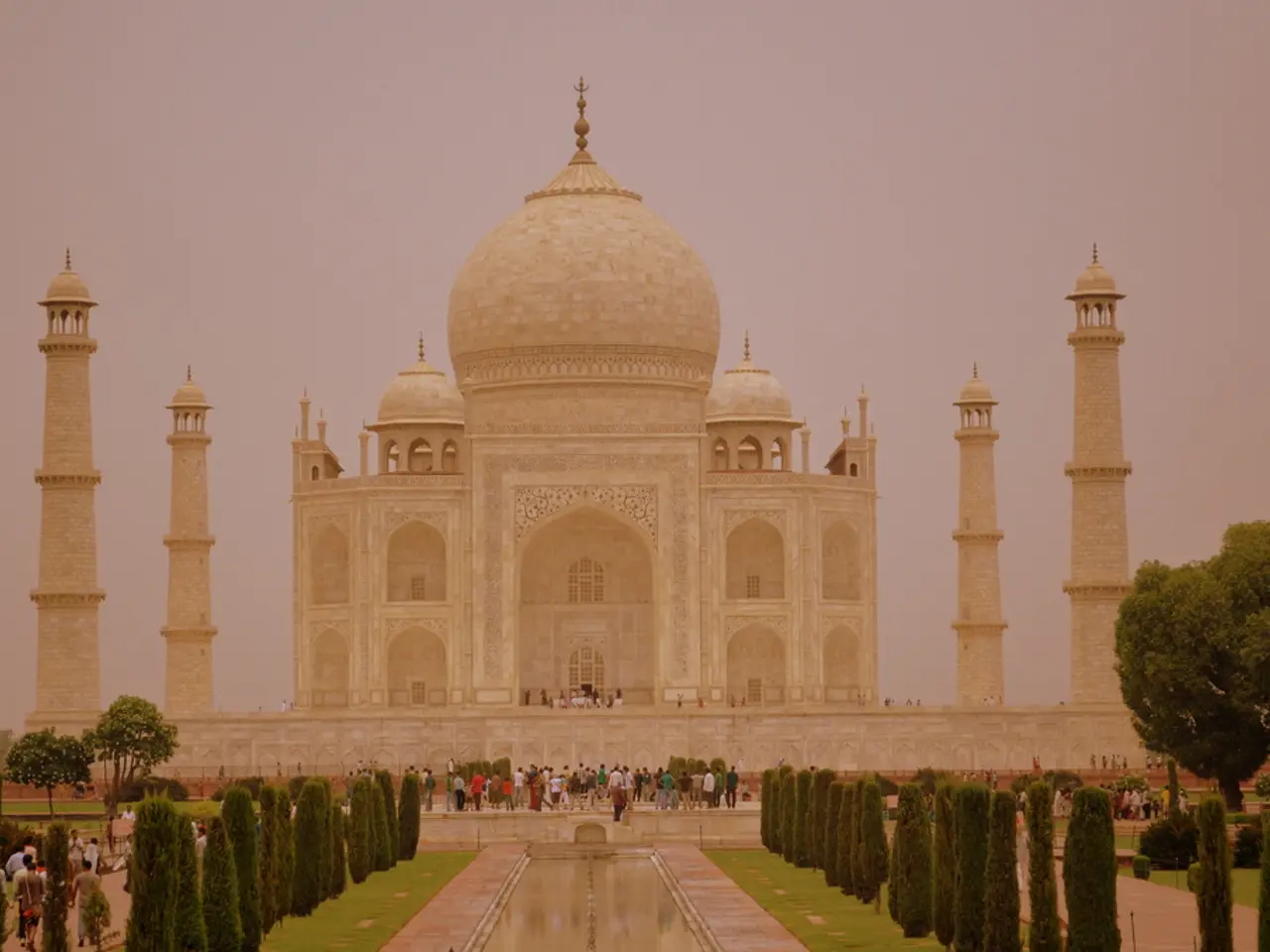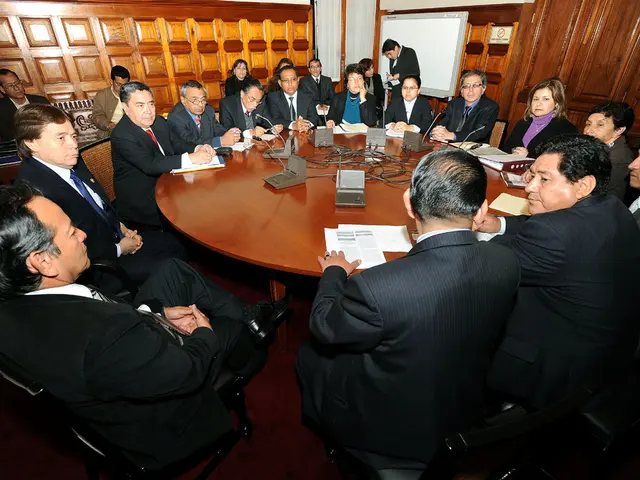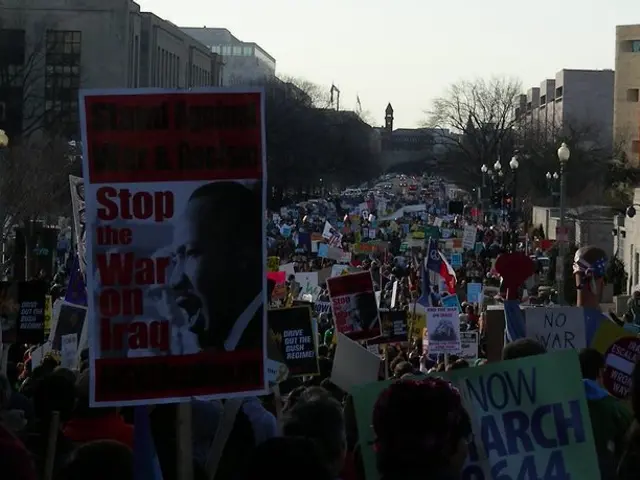Controversy Surrounding Amit Shah, Sudershan Reddy, and Salwa Judum Elicits Judiciary's Criticism Regarding Vice Presidential Election
The Supreme Court of India has taken a decisive stance against the Salwa Judum militia, directing the Chhattisgarh government to recover all firearms, ammunition, and accessories from its members and investigate all instances of alleged criminal activities by the militia. This order, issued on July 5, 2011, declared Salwa Judum illegal, following a judgement co-authored by Justice Sudershan Reddy and Justice SS Nijjar.
The Salwa Judum was a militia formed in Chhattisgarh in 2005 with the aim of combating Maoist violence. However, the Supreme Court found that the militia violated fundamental rights under Articles 14 and 21 of the Constitution, particularly the right to life and equality before law.
Justice Reddy, who is now a Vice Presidential candidate, has been recently embroiled in a controversy regarding his role in the Salwa Judum case. Union Home Minister Amit Shah has accused Justice Reddy of prolonging Naxalism by two decades through the Salwa Judum verdict.
The judicial community's response to these accusations has been swift and decisive. A group of 18 retired Supreme Court and High Court judges issued a joint statement condemning the Home Minister's remarks as 'unfortunate' and a 'prejudicial misinterpretation' of the Supreme Court judgement on the Salwa Judum case. They emphasized that misrepresenting Supreme Court rulings by senior political leaders can have a chilling effect on judicial independence.
Justice Reddy, in response, emphasized the collective nature of Supreme Court verdicts and declined political confrontation, stating that the judgement on Salwa Judum was Supreme Court's, not his.
The government's approach to combating Naxalism has been multi-dimensional, combining security enforcement with inclusive development initiatives. Major security operations include Operation Green Hunt launched in 2009, the creation of Unified Command in 2010 for interstate coordination, and the deployment of specialized COBRA commandos.
On the development front, the government has implemented the Forest Rights Act of 2006, the Aspirational Districts Programme, and the establishment of ITIs in LWE-affected districts through the ROSHNI scheme to enhance employability among tribal youth.
The Modi government's comprehensive counter-Naxalism strategy has achieved significant results. The number of districts affected by Left Wing Extremism has decreased from 126 in 2018 to just 38 in 2024. Naxalism affected districts have reduced from 126 to 38, with most affected districts declining from 12 to 6. Among the affected districts, the most severely affected districts have been halved from 12 to just 6, including four districts from Chhattisgarh, one from Jharkhand, and one from Maharashtra.
Over 8,000 Naxalites have abandoned the path of violence in the last 10 years, demonstrating the effectiveness of rehabilitation policies. The SAMADHAN strategy, emphasizing smart leadership, aggressive tactics, actionable intelligence, and technology-driven solutions, seems to be paying off.
The Salwa Judum controversy has escalated into a major judicial dispute ahead of the Vice Presidential elections. The government's stance and Justice Reddy's response will be closely watched as the election approaches.
Read also:
- United States tariffs pose a threat to India, necessitating the recruitment of adept negotiators or strategists, similar to those who had influenced Trump's decisions.
- Weekly happenings in the German Federal Parliament (Bundestag)
- Southwest region's most popular posts, accompanied by an inquiry:
- Discussion between Putin and Trump in Alaska could potentially overshadow Ukraine's concerns








